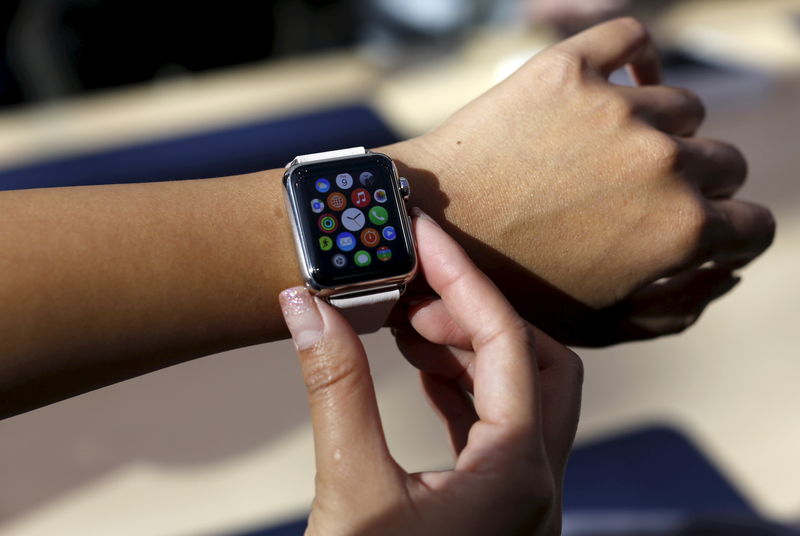The U.S. dollar remains stable as investors anticipates upcoming U.S. inflation figures that could lead to a change in future interest rate prospects. The figures may present the risk of inflation, influencing the Federal Reserve’s future decisions on monetary policies, which in turn could affect the dollar’s strength.
The financial market is holding with bated breath, with investors adjusting their portfolios based on the fluctuations in economic indicators.
Bitcoin
Meanwhile, Bitcoin has skyrocketed past the $60,000 mark, largely driven by the recent surge in capital into new U.S. Bitcoin exchange-traded funds. This remarkable growth over the past month is the greatest since December 2020, and has stirred up speculations that it may even cross $69,000.
On the foreign exchange front, Japan’s Yen is facing pressure due to its near-zero short-term rates which have become less attractive to investors compared to Europe and the U.S.’s higher rates. As a result, the value of Yen has significantly depreciated against the dollar and Euro.
The Yen
In response to the Yen’s fall, Japan’s primary currency diplomat, Masato Kanda, has assured that the government is eagerly monitoring exchange rates with preparedness to intervene, if necessary.
Investors are now bracing themselves for a potential economic slowdown following a sudden change in market sentiment that resulted in a decrease in foreign currency values. This change was primarily triggered by forecasts suggesting that rate increases may have peaked.
Increasing concerns over potential stagnation and possible consequences to global trade have further weakened investor confidence, prompting a flight to safe haven assets and further dampening the market mood.
Mounting as the inflation data
Finally, anxiety among investors keeps mounting as the inflation data is expected to indicate a 0.4% rise in the PCE price index, contrary to their initial hope for a lesser increase. The looming anxiety suggests a reminder of the persisting impacts of the economic turmoil.
























